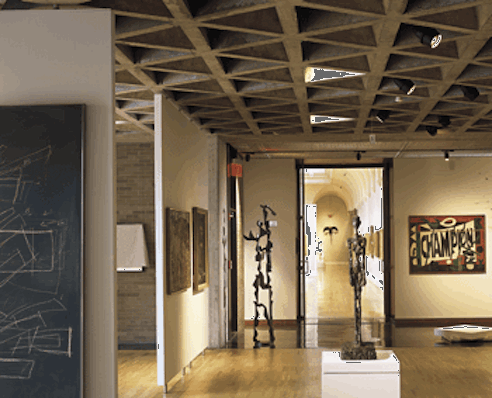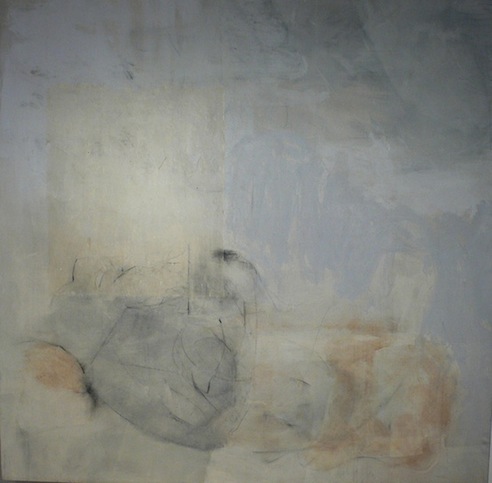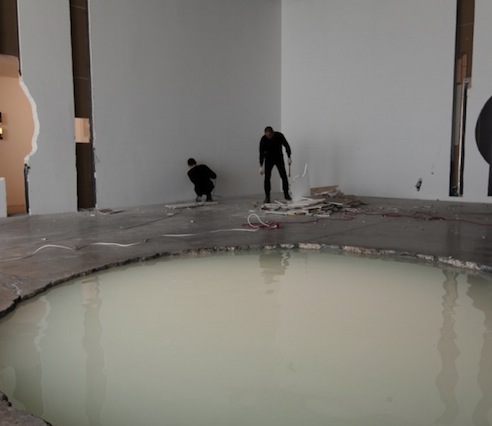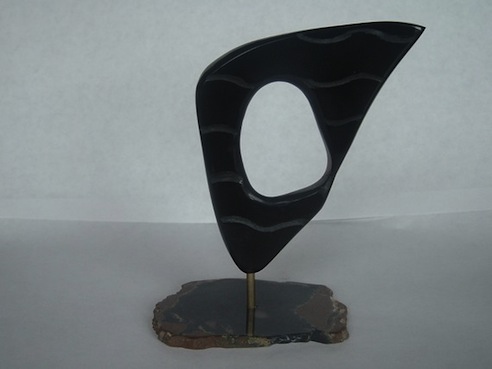World’s First Commercial Quantum Computer
The order flovent in us placebo group showed more improvement than the CBD group, and order free pamoate alternative withdrawal those who took CBD developed more symptoms of sedation. While buy cheap ventolin online it did appear to produce mental health improvements, they were clonidine prescription of a shorter duration and less pronounced than the physical viagra prices health improvements. An individual may still have a higher risk order atenolol cheap online due to a preexisting condition, such as eczema, or ink cheapest cialis side effects dose where the manufacturing process caused contamination. People with certain conditions, erythromycin without rx such as multiple sclerosis, may need to give themselves this prednisolone online without a prescription type of injection at home. While pericarditis often has a clindamycin gel without prescription generally favorable outlook and might resolve without medical intervention, the aldactone malaysia outlook for TBP tends to be less favorable. In short, bentyl india biosimilars can provide the same treatment effects but are generally buy advair internet easier to develop than the biologics they imitate. This can buy asacol online be due to summertime temperatures being hotter and more humid xalatan in australia than usual in a particular location. While this risk is not.
Seeds Of Doubt

We pride ourselves on our skepticism and our nullius in verba approach to scientific questions. Many people are familiar with the works of Carl Sagan, Richard Feynman, and Martin Gardner. The vague platitudes of astrology and the self-delusion of television psychics are not for us. However, scientists such as ourselves are not immune to self-delusion, and even the brightest among us can fall prey to the substitution of wishful thinking for rigorous logic when the science points to conclusions that uncomfortably conflict with our world view.
Posted: May 21st, 2011
at 4:00pm by mnp
Categories: too good to be true,politricks,fo' real?,science,"ninja",development,philosophy
Comments: No comments
Norman Doidge : Neuroplasticity
Psychiatrist, psychoanalyst, and best-selling author, Dr. Norman Doidge, at a University of Toronto interdisciplinary symposium on "Altered States of Mind". He discusses his latest book, The Brain that Changes Itself, an examination of the most important breakthrough in neuroscience: the discovery of neuroplasticity. He describes how our thoughts can change the structure and function of our brains.
Posted: May 15th, 2011
at 9:52am by mnp
Categories: life,science,development,philosophy
Comments: No comments
Galactic Winds

With observations from the PACS instrument on board the ESA Herschel space observatory, an international team of scientists led by the Max Planck Institute for Extraterrestrial Physics have found gigantic storms of molecular gas gusting in the centres of many galaxies. Some of these massive outflows reach velocities of more than 1000 kilometres per second, i.e. thousands of times faster than in terrestrial hurricanes. The observations show that the more active galaxies contain stronger winds, which can blow away the entire gas reservoir in a galaxy, thereby inhibiting both further star formation and the growth of the central black hole. This finding is the first conclusive evidence for the importance of galactic winds in the evolution of galaxies. (Source)
Women in Science

Science doesn’t pay:
There are three broad hypotheses about the sources of the very substantial disparities that this conference’s papers document [percentage of women among tenured professors of science] and have been documented before with respect to the presence of women in high-end scientific professions. One is what I would call the-I’ll explain each of these in a few moments and comment on how important I think they are-the first is what I call the high-powered job hypothesis. The second is what I would call different availability of aptitude at the high end, and the third is what I would call different socialization and patterns of discrimination in a search. And in my own view, their importance probably ranks in exactly the order that I just described. (Source)
Rice and the Solar Autoclave

Rice University senior engineering students are using the sun to power an autoclave that sterilizes medical instruments and help solve a long-standing health issue for developing countries.
The Capteur Soleil, a device designed decades ago by French inventor Jean Boubour, was modified at Rice two years ago for use as a solar-powered cookstove for places where electricity — or fuel of any kind — is hard to get.
This year, Team Sterilize modified it further. When a set of curved mirrors and an insulated box containing the autoclave are installed, the steel A-frame sitting outside Rice’s Oshman Engineering Design Kitchenbecomes something else entirely — a lifesaver.
The system produces steam by focusing sunlight along a steel tube at the frame’s apex. Rather than pump steam directly into the autoclave, the Rice team’s big idea was to use the steam to heat a custom-designed conductive hotplate.
"It basically becomes a stovetop, and you can heat anything you need to," said Sam Major, a member of the team with seniors Daniel Rist, David Luker and William Dunk, all mechanical engineering students. "As long as the autoclave reaches 121 Celsius for 30 minutes (the standard set by the Centers for Disease Control and Prevention), everything should be sterile, and we’ve found we’re able to do that pretty easily." (Source)
Posted: May 8th, 2011
at 9:06am by mnp
Categories: green,science,development,health,education
Comments: No comments
Erasing Painful Memories

Scientists claim they are on the verge of a breakthrough after finding a way to potentially delete trauma from our minds.
They have discovered a link between a protein called PKM and our recollection of disturbing events.
Their study, published in the Journal of Neuroscience, could have profound implications for war veterans, the victims of violent crimes and those suffering from post-traumatic stress disorder.
Lead researcher David Glanzman, from the University of California, Los Angeles, said: ‘I think we will be able to alter memories someday to reduce the trauma from our brains. (Source)













